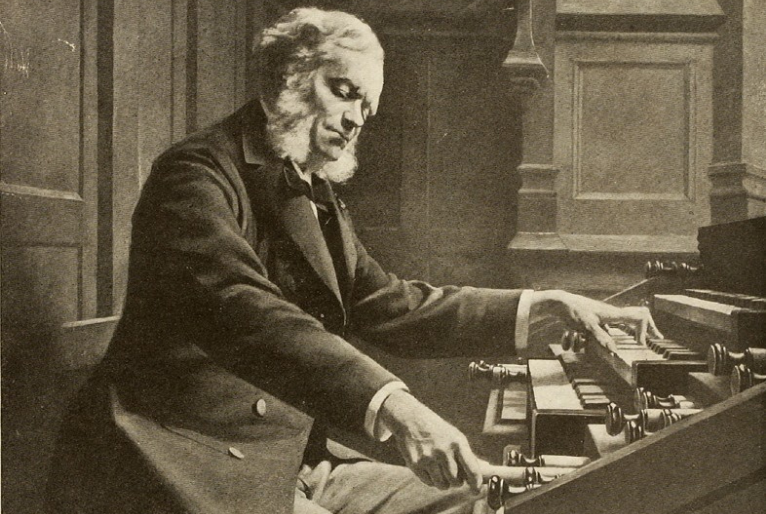
The 5 Best Compositions by César Franck
César Franck, a towering figure of the Romantic era, is celebrated for his profound harmonic language and emotional depth. While he is primarily known for[…]

5 Fascinating Facts about Franck
César Franck, one of the most influential composers of the Romantic era, left an indelible mark on the world of classical music. Known for his[…]
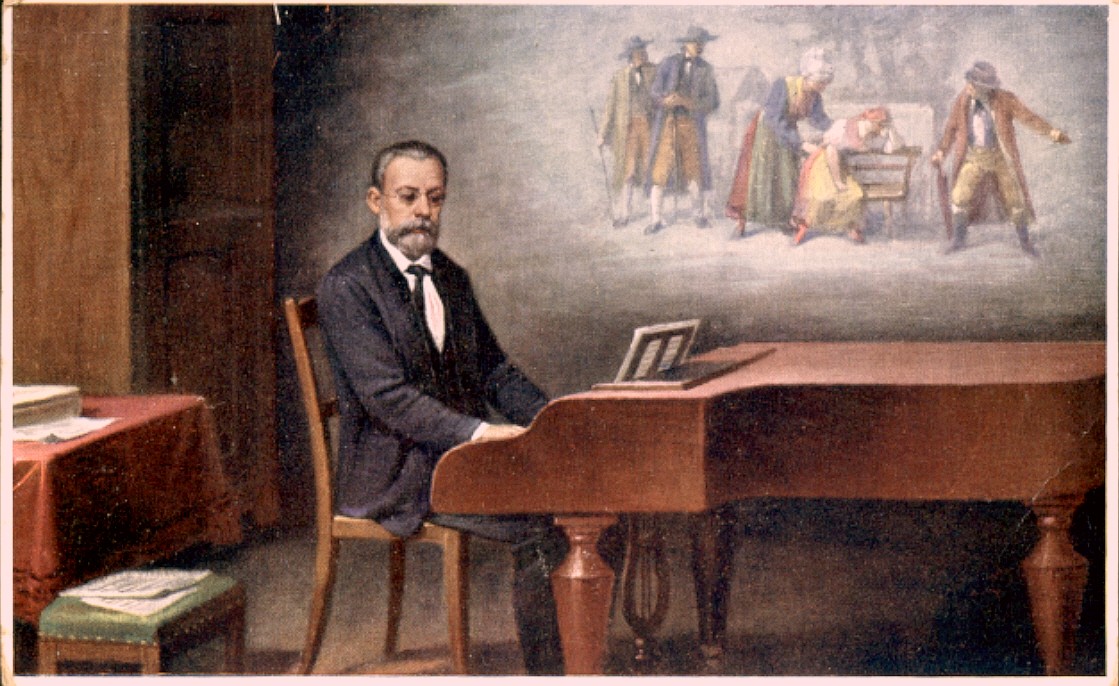
Bedřich Smetana – Biography and History
Bedřich Smetana (1824–1884) is celebrated as the father of Czech national music. A pioneering composer, he played a pivotal role in establishing a distinct Czech[…]

The Story Behind Smetana’s Má Vlast
Má Vlast (translated as “My Homeland”) is one of the most celebrated works by Czech composer Bedřich Smetana. Composed between 1874 and 1879, this set[…]
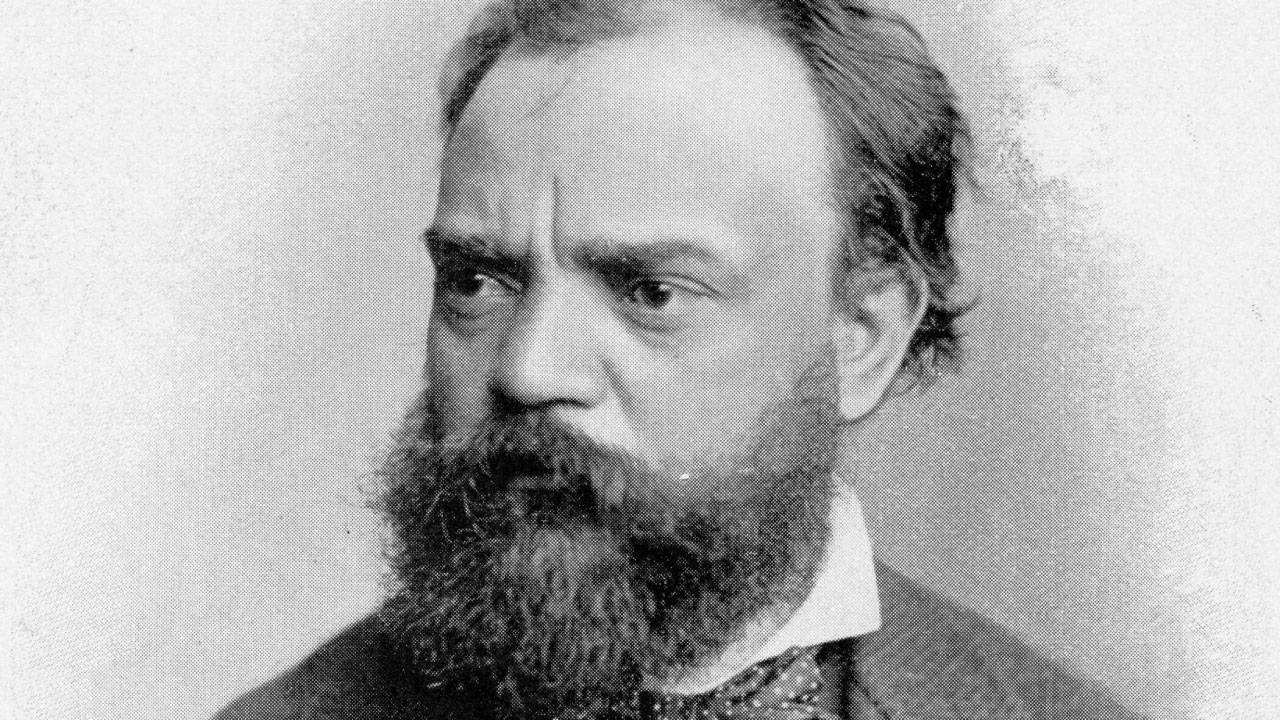
The 5 Best Compositions by Dvorak
Antonín Dvořák (1841–1904) was one of the most significant composers of the Romantic era. His music beautifully blends Czech folk elements with classical structures, creating[…]
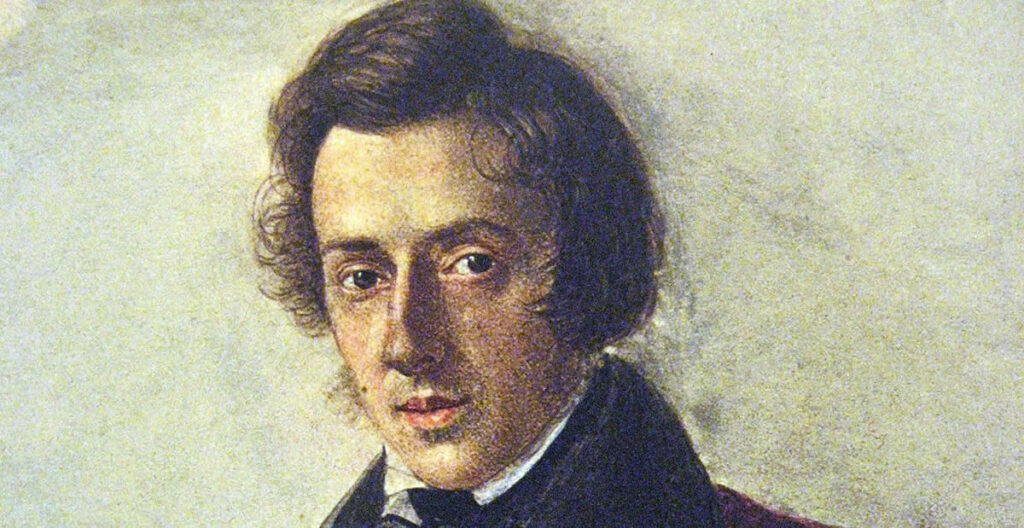
The Story Behind Chopin’s Sonata No. 2
Frédéric Chopin’s Sonata No. 2 in B-flat minor, Op. 35, widely known as the “Funeral March” Sonata, is one of the most iconic works in[…]
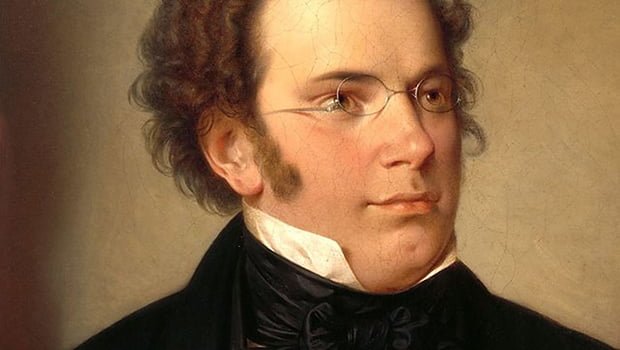
Franz Schubert: The Prodigy of Romanticism
Franz Schubert (1797–1828) was an Austrian composer whose music bridged the Classical and Romantic eras. Despite his short life, Schubert left an indelible mark on[…]
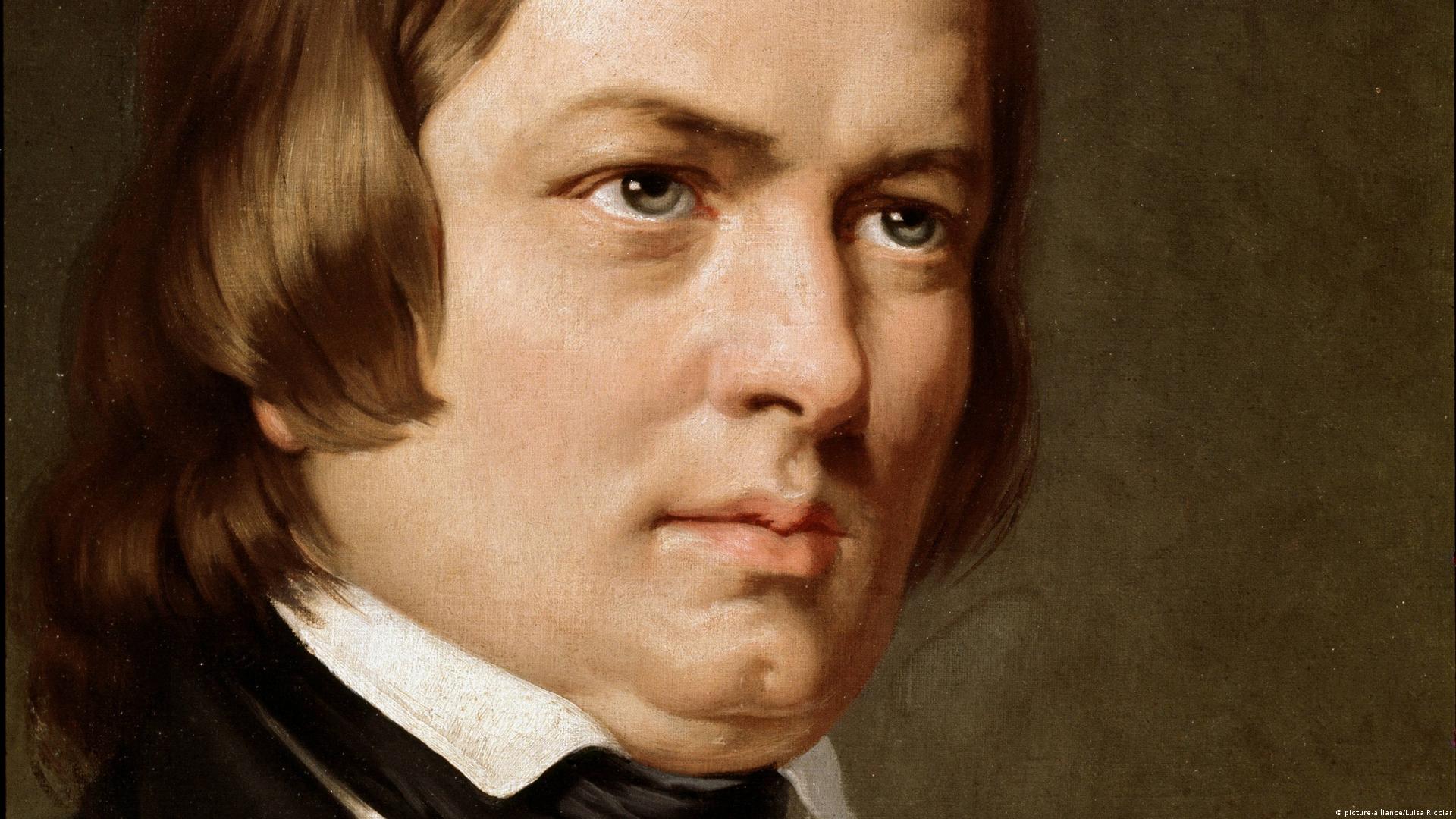
The Life and Legacy of Robert Schumann: A Genius of Romantic Music
Robert Schumann (1810–1856) was one of the most influential and iconic composers of the Romantic era. His works, characterized by emotional depth, poetic inspiration, and[…]
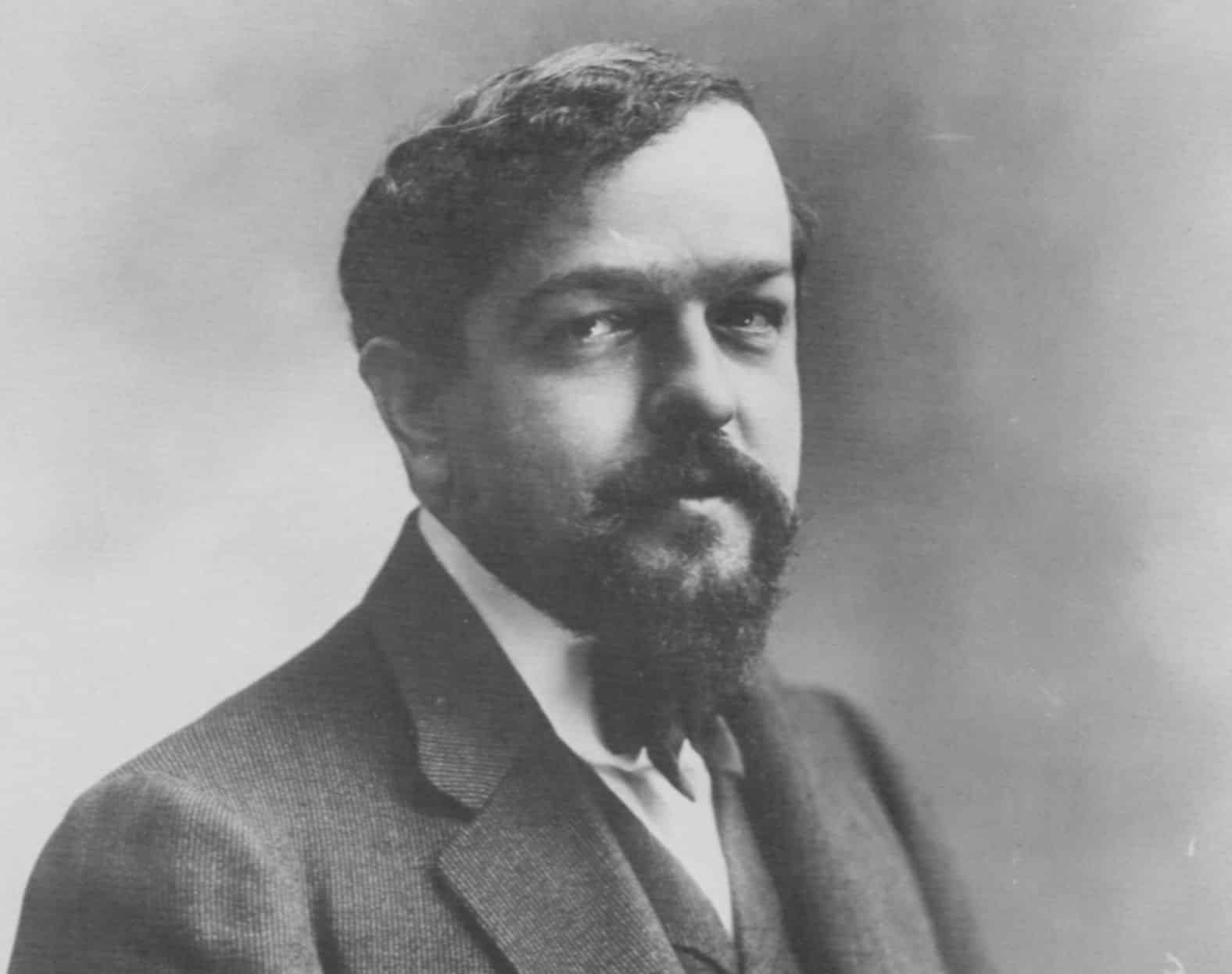
Biography of Claude Debussy: The Master of Impressionism
Claude Debussy (1862–1918) was a revolutionary French composer whose groundbreaking music redefined the boundaries of classical music and inspired countless generations of musicians. Widely regarded[…]
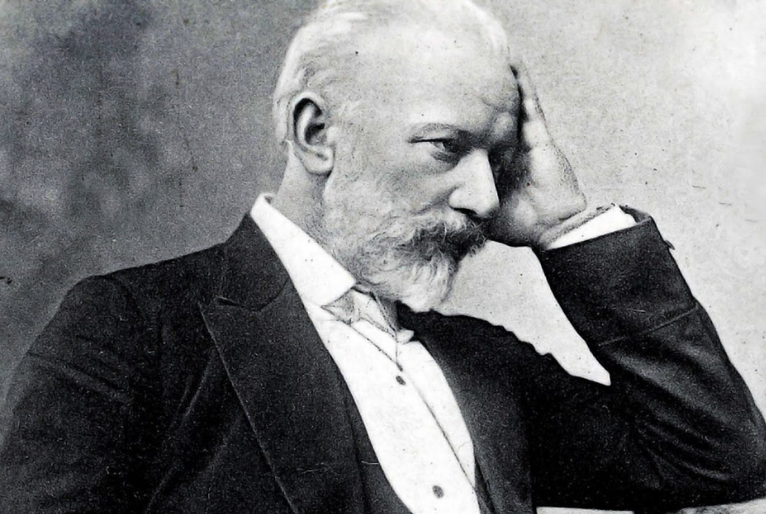
Pyotr Ilyich Tchaikovsky: A Biography
Pyotr Ilyich Tchaikovsky (1840–1893) remains one of the most beloved composers in classical music history. Known for his emotional depth, unforgettable melodies, and dramatic compositions,[…]